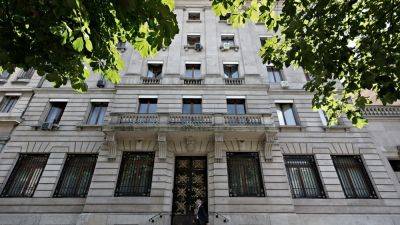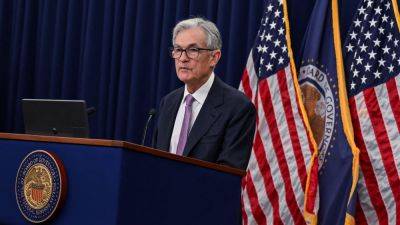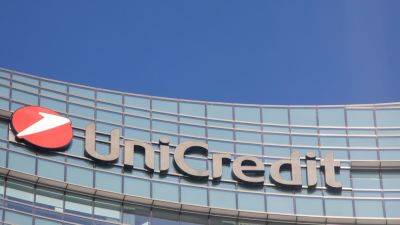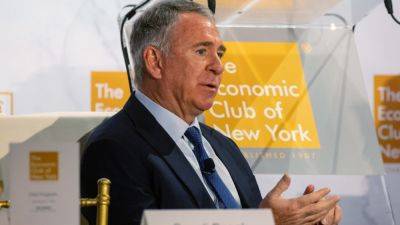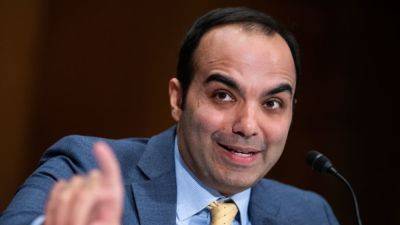Higher taxes will make it harder for Britain to build 'the next Nvidia,' tech execs say
LONDON — British tech bosses and venture capitalists are questioning whether the country can deliver on its bid to become a global artificial intelligence hub after the government set out plans to increase taxes on businesses.
On Wednesday, Finance Minister Rachel Reeves announced a move to hike capital gains tax (CGT) — a levy on the profit investors make from the sale of an investment — as part of a far-reaching announcement on the Labour government's fiscal spending and tax plans.
The lower capital gains tax rate was increased to 18% from 10%, while the higher rate climbed to 24% from 20%. Reeves said the increases will help bring in £2.5 billion ($3.2 billion) of additional capital to the public purses.
It was also announced that the lifetime limit for business asset disposal relief (BADR) — which offers entrepreneurs a reduced rate on the level of tax paid on capital gains resulting from the sale of all or part of a company — would sit at £1 million.
She added that the rate of CGT applied to entrepreneurs using the BADR scheme will increase to 14% in 2025 and to 18% a year later. Still, Reeves said the U.K. would still have the lowest capital gains tax rate of any European G7 economy.
The hikes were less severe than previously feared — but the push toward a higher tax environment for corporates stoked the concern of several tech executives and investors, with many suggesting the move would lead to higher inflation and a slowdown in hiring.
On top of increases to CGT, the government also raised the rate of National Insurance (NI) contributions, a tax on earnings. Reeves forecasted the move would raise £25 billion per year — by far the largest revenue raising measure in a raft of pledges that were made Wednesday.
Paul
Read more on cnbc.com

